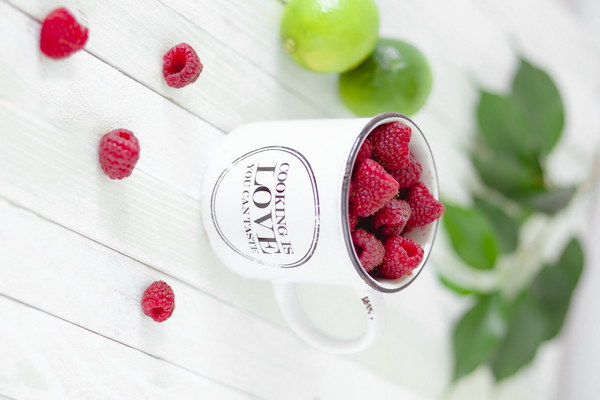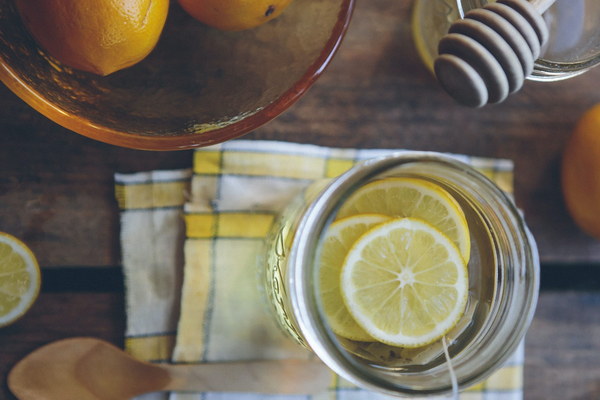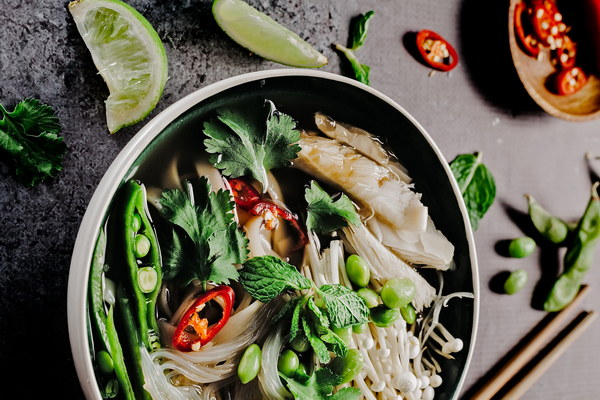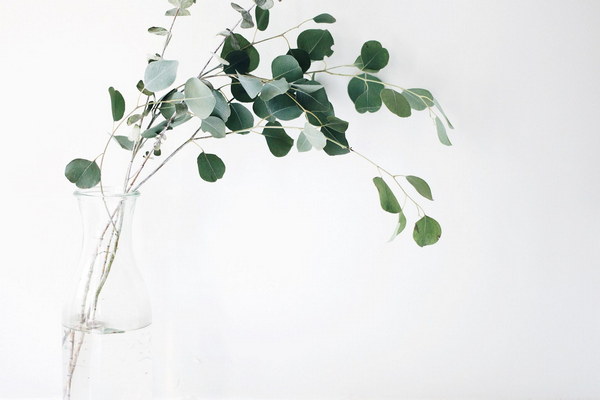Restoring Vitality A Comprehensive Guide to Herbs for Spleen and Kidney Yang Deficiency
In traditional Chinese medicine, the concept of balancing the body's Yin and Yang is fundamental to health and wellness. One common condition that arises from an imbalance is Spleen and Kidney Yang Deficiency. This condition is characterized by symptoms such as fatigue, cold extremities, and weak digestion. To address this, a variety of herbs are used to nourish and strengthen the Spleen and Kidney Yang. Here's an in-depth look at some of the key herbs and their benefits.
Astragalus (Huang Qi)
Astragalus is a well-known herb in Chinese medicine, revered for its ability to boost the immune system and enhance overall vitality. It is particularly effective in tonifying the Spleen and Kidney Yang, which helps to alleviate fatigue and improve resistance to colds and flu. Additionally, Astragalus is used to support the respiratory system and may aid in the treatment of chronic respiratory diseases.
Codonopsis (Dang Shen)
Codonopsis is another valuable herb for Spleen and Kidney Yang Deficiency. It is renowned for its adaptogenic properties, helping the body to adjust to stress and fatigue. Codonopsis is believed to strengthen the immune system, improve energy levels, and enhance mental clarity. It is often used in combination with other herbs to nourish the Spleen and Kidney, and is particularly beneficial for those suffering from chronic conditions.
Cinnamon (Rou Gui)
Cinnamon is a spice that is not only delicious but also possesses medicinal properties. In Chinese medicine, it is used to warm the body and improve circulation, which is particularly useful for those with cold extremities due to Kidney Yang Deficiency. Cinnamon also helps to stimulate digestion and is often included in formulas to support the Spleen and Kidney functions.
Rehmannia (Shu Di Huang)
Rehmannia is a herb that is often used to nourish the Kidney and Spleen Yin, but it also has a warming effect that can benefit those with Kidney Yang Deficiency. It is believed to strengthen the bones and sinews, improve fertility, and support overall physical and mental health. Rehmannia is commonly combined with other herbs to create a balanced formula for Spleen and Kidney Yang Deficiency.
Coptis (Huang Lian)
Coptis is a powerful herb with antibacterial and anti-inflammatory properties. While it is not typically used to directly tonify the Spleen and Kidney Yang, it is often included in herbal formulas to clear heat and dampness, which can be associated with Spleen and Kidney Yang Deficiency. Coptis is also believed to aid in digestion and can be used to treat conditions such as dysentery and diarrhea.
Ginseng (Ren Shen)
Ginseng is one of the most prestigious herbs in Chinese medicine, known for its ability to boost energy, improve memory, and enhance overall well-being. It is particularly beneficial for those with Spleen and Kidney Yang Deficiency, as it helps to strengthen the immune system, improve circulation, and increase vitality. There are different types of ginseng, with American ginseng and Siberian ginseng being particularly useful for this condition.
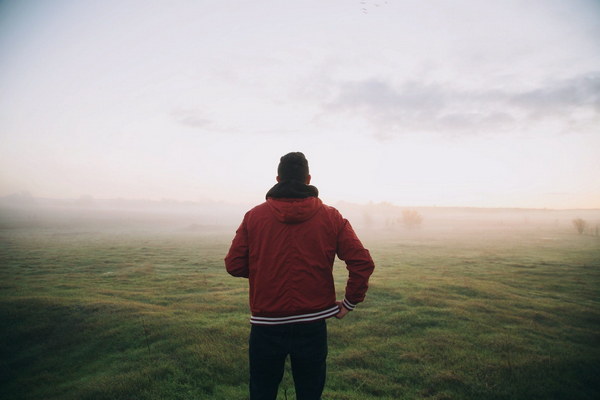
Conclusion
When dealing with Spleen and Kidney Yang Deficiency, the selection of herbs is crucial to address the specific needs of the body. The herbs mentioned above are just a few examples of the vast array of natural remedies available in traditional Chinese medicine. It is important to consult with a qualified practitioner to create a personalized herbal formula that addresses your unique health concerns. By nourishing the Spleen and Kidney Yang, these herbs can help restore balance and vitality to the body, leading to improved quality of life.
